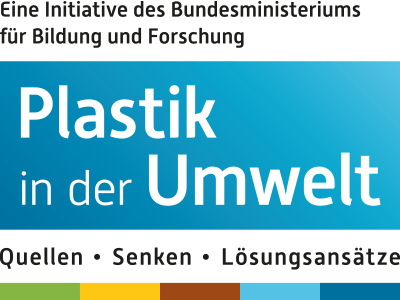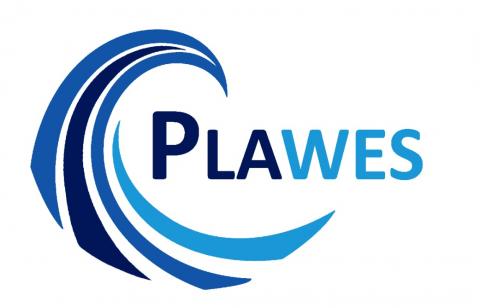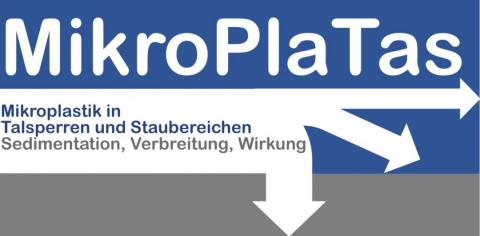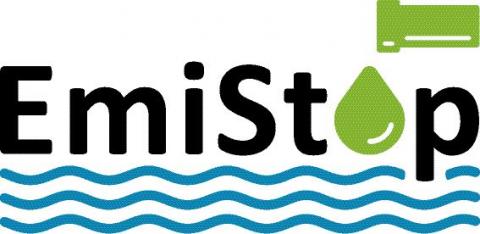Polyethylene terephthalate (PET)
Most consumers are familiar with the plastic PET from the supermarket. PET is also frequently used as part of composite materials. While these have a positive effect on the shelf life of food, they are difficult or impossible to recycle. This is where the 6th factsheet comes in and presents the innovative revolPET® technology.
Cross-Cutting Topic 1: Analytics and Reference Materials: Comparative test
This comparative test from cross-cutting topic 1 "Analytics and reference materials" classifies different analytical methods for the identification and quantification of microplastics regarding their informative value and to work out the strengths and limitations of the respective methods. The comparative test was intended to provide the pre-requisites for comparing the analytical results of the individual projects within a given framework.





